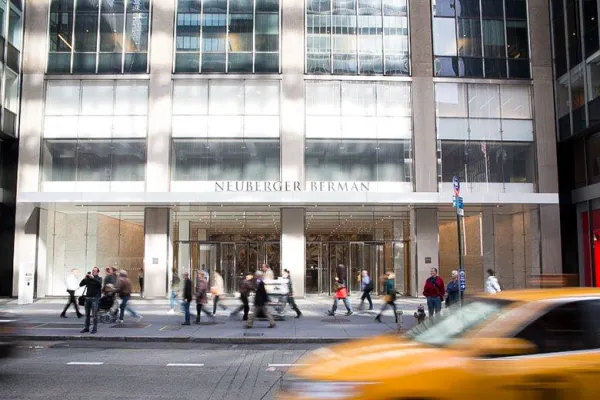Luxury hotels offer a laundry list of enticing perks. However, if the costs of the products and services included with a room were itemized, guests might think twice about the value and choose another place to stay.
That’s what is happening right now in the wealth management industry, except the hotels are the broker-dealers and the guests are the clients. Price transparency, and an eagerness to work with a financial advisor who is a fiduciary, is leading investors to seek out RIAs, Andres Garcia-Amaya, the founder and CEO of Zoe Financial, argues in a white paper published Monday.
Meanwhile, the number of independent RIAs has been growing, in part because of the expanding universe of companies equipping them with technology and services previously only available to the largest wealth management firms. Advisors now have a long menu of a la carte services to choose from and more of it is digitized than ever.
The RIA and dual-registered advisors channel accounted for 38% of advisors in 2018, up from 12% in 2005.
The “unbundling” is great for consumers, who are gaining better accessibility to their investments and understanding of what they are paying for, Garcia-Amaya told RIA Intel. The founder was an executive director at JPMorgan Asset Management before he started the lead generator that doesn’t collect a fee from RIAs unless a prospect becomes a client.
It’s good for advisors, too, who have the freedom to switch providers in a competitive marketplace to serve RIAs.
But building that client experience based on the industry’s messy technology ecosystem can cause headaches for advisors. Many would instead prefer to join an existing RIA and avoid the hassle. For that reason, another phase of the cycle will eventually follow.
Packaging services together and selling them as a whole to advisors is not inherently bad, and in the future, it will come into favor again, Garcia-Amaya said.
“We go through these phases and swing from bundling and unbundling.”
While the unbundling dynamic is still in the “early innings,” some rebundling is already happening as the two phases of the cycle can overlap. Garcia-Amaya pointed to the interest asset managers and other companies have taken in financial planning software; Fidelity Investments acquired eMoney Advisor and Orion Advisor Services acquired Advizr.
More recently, Altruist, a new digital, commission-free custodian for RIAs, said its platform of services will save advisors up to 90% on technology and custody costs. They will only need to add software to build financial plans, a service to build and manage model portfolios, and recordkeeping for their RIAs.
Change is happening fast. Garcia-Amaya thinks a wealth management newcomer could grow to be as big as Merrill Lynch in as little as a decade.
“I think it is going to be fun to watch as new companies emerge, hopefully some old ones reinvigorate their tech stack.”
Zoe Financial raised another $3 million from venture capital firm ThirdStream Partners, and a slew of high-powered executives in September. The New York-based company, which launched in February of 2018, has now raised a total of $5 million.







